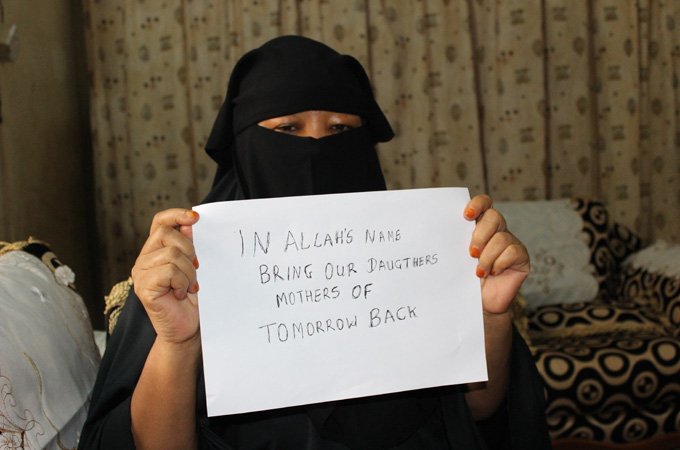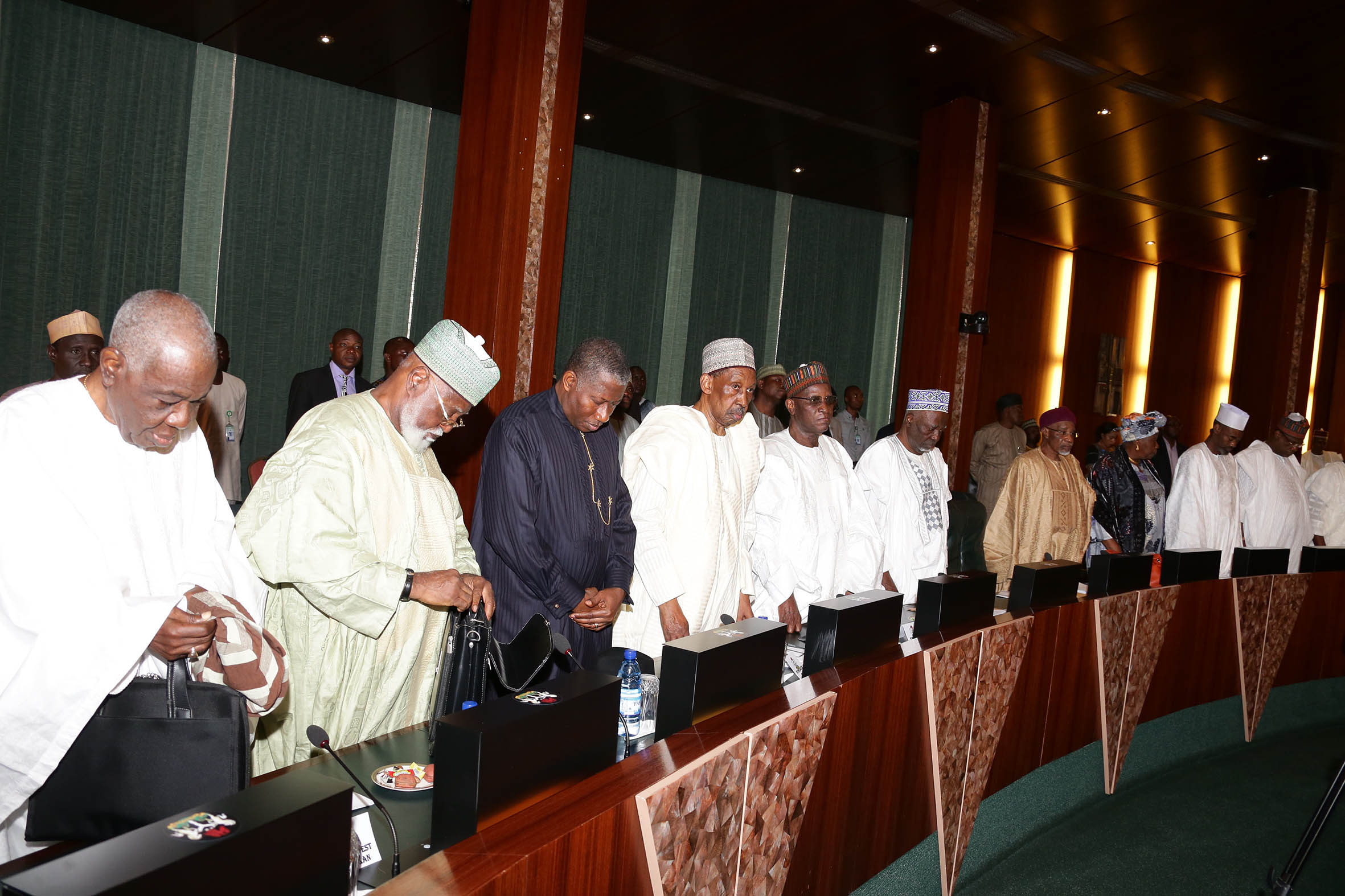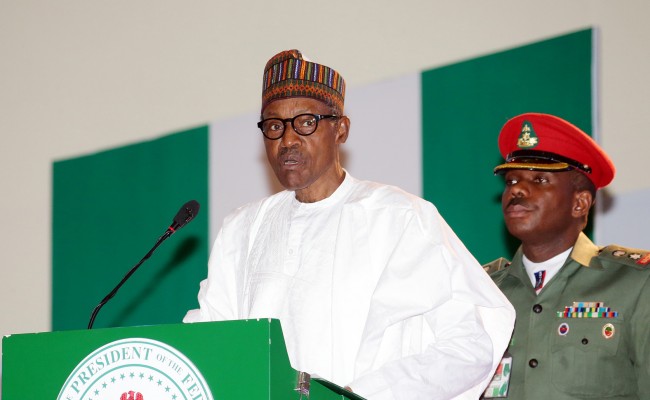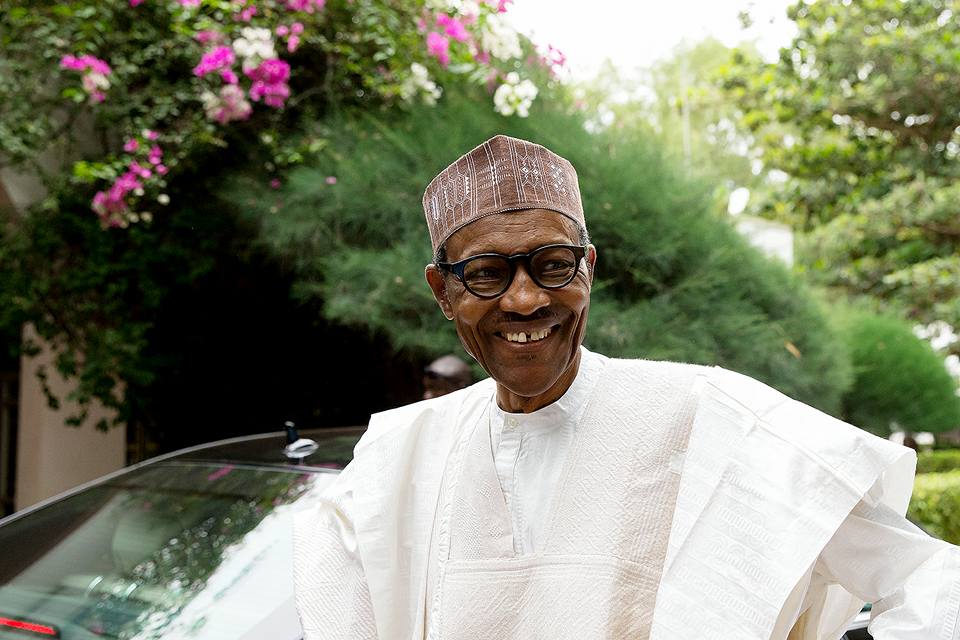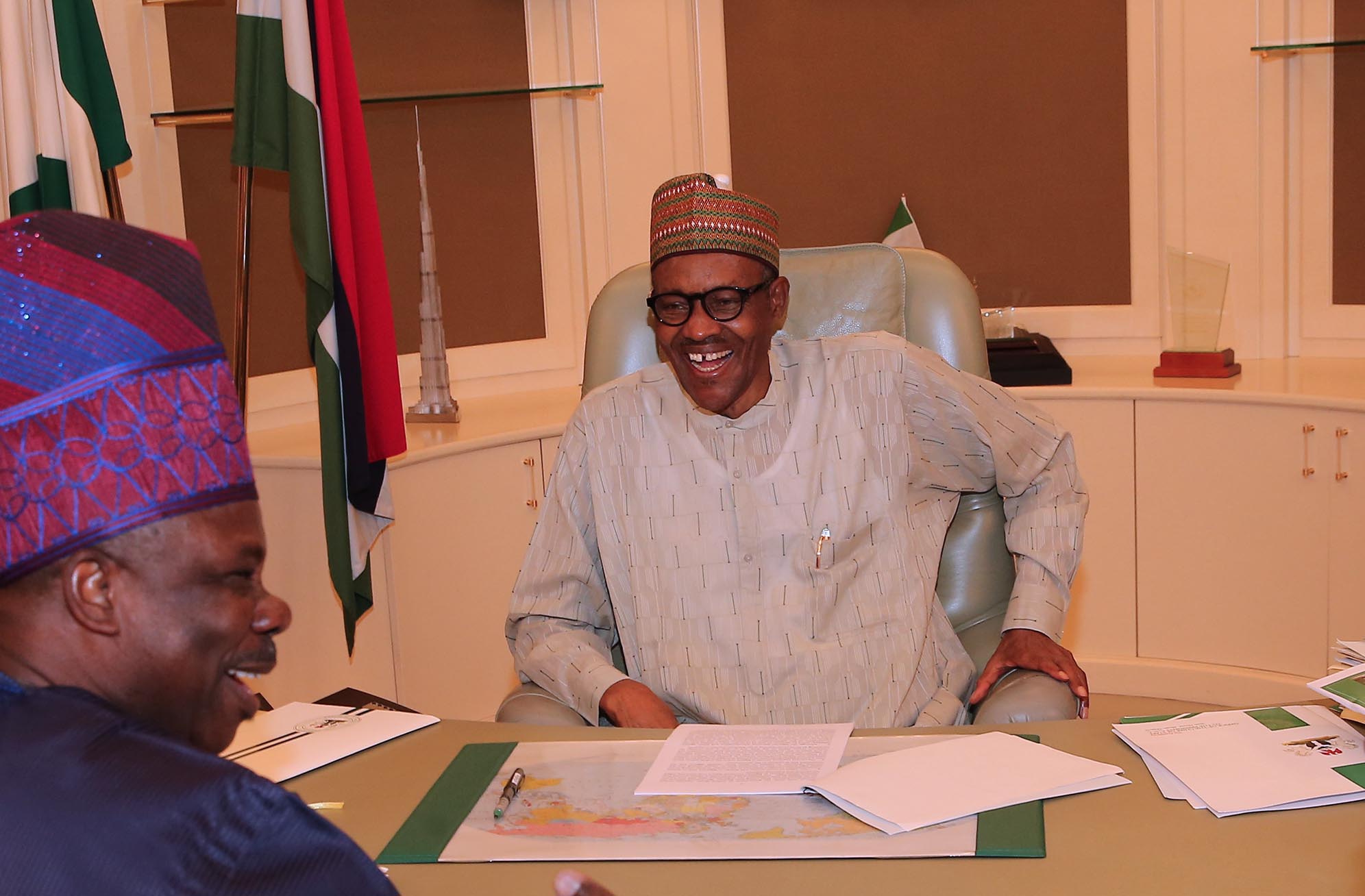BY JOHNSON OBIOHA
The recent move by the Nigerian army to declare three people, Ahmad Salkida, Aisha Wakil and Ahmed Bolori wanted over their connections with Boko Haram has become a subject of discussion.
However, this must be viewed as a defining moment to shape an effective civil-military relations to tackle the emerging security challenges.
Clearly, the manner with which the Nigerian army demanded audience with Messers Salkida and Bolori and Ms. Wakil has met heated with debate amongst Nigerians. It has brought to the fore, the role of the citizenry in the counter-terrorism and counter-insurgency operations.
Advertisement
However, there is need to draw the attention of the undiscerning to the often underrated place of civil-military relations in the overall success of the war against terror.
Even with several articles on this, more light need to be shed on: what is the patriotic expectations of citizens in projecting national interest and security while carrying out their professional duties in an objective and balanced manner.
It is on record that since terrorism berthed on our shores, the Nigerian military has in line with global practices and expected norms, called for patriotic citizens’ participation in its counter-insurgency efforts. The military made these request on several occasions with a conviction that the vital factor in winning any symmetric and asymmetric warfare is active participation of the local populace.
Advertisement
In essence, when the war against Boko Haram reached its feverish heights in the north east between 2013 and 2015, well-meaning Nigerians were urged to support the war against terror through intelligence gathering and providing useful information about the terrorists.
Globally, the opinion of defence and security experts have always been that the military can only be as victorious as the support it receives from members of the public. This fact was also echoed by former Chief of Army Staff (COAS), Lt-Gen. Azubuike Ihejirika (rtd), who warned that nonchalant attitude of Nigerians could impede the counter-terrorism efforts.
Ihejirika expressed fear that the citizens are yet to be mobilized and the nation not in the needed war-mood to support military operations.
“One of the problems we have is that Nigerians are yet to align with the military’s efforts, they are yet to be in a war mood, which is necessary to mobilize the citizens in support of the counter-terrorism efforts,” Ihejirika said.
Advertisement
Unfortunately, this call fell on deaf ears and instead the country became polarized along party lines with people analyzing the perilous security situation with their regional, geopolitical and ethno-religious lenses; to the detriment of national security. The destructive division transcends to Nigerians becoming passive and unconcerned about the terror threat on one hand, or sympathetic to the Boko Haram terrorists.
This lack of unity and support came to a head when the army under the current COAS, Lt-Gen. Tukur Buratai, raised alarm over plans by “some highly-placed individuals” in the north east, particularly Borno state, to sabotage military operations in the region.
Also, the Director of Army Public Relations (DAPR), Col. Sani Usman, alleged, the elite were bent on having the activities of the Boko Haram terrorists prolonged for their selfish interests.
“The Nigerian Army wishes to inform the public and send a very strong and serious final warning to some prominent individuals and political groups who hail from Borno state in particular and north east generally, that there is information of plans by some highly placed individuals and political groups to undermine and scuttle the fight against terrorism and insurgency in this country,” Usman had said.
Advertisement
Consequently, the apparent lack of apathy emboldened the terrorists who seized territories and abducted several people mostly women and children, the most popular being the abduction of over 200 girls from their hostel at the Government Secondary School in Chibok Local Government Area of Borno state.
The kidnap of what is today popularly referred to as “Chibok girls” generated global anger and concern that it was one of the major factors that toppled the administration of former President Goodluck Jonathan.
Advertisement
It created twitter buzz across the world, culminated in a powerful movement called Bring Back Our Girls (BBOG) and ridiculed the military amongst others.
Consequent upon the barrage of criticism, the urgent need to ensure the safe rescue of the girls became the ultimate measure for success of the military operations in the north east.
Advertisement
Sadly, since the kidnap of girls became one of the focal points of our national security challenges, the military has borne the brunt of perceived failures of their rescue, instead of the expected support from the civil populace.
But the security experts, while acknowledging the calls by Nigerians, BBOG and other concerned stakeholders who have demanded the rescue of the girls, warned that their freedom will not be possible without assistance from members of the public.
Advertisement
Truth be told, the rescue of these girls, may not be beyond military operations alone but requires collective efforts of all.
This has proven to be the winning formula in the world over, when information and useful interventions of patriotic citizens or concerned individuals, helped free hostages from their captors, as well as broker lasting peace in war ravaged regions.
This is where the recent invitation of Salkida, Wakil and Bolori by the military becomes appropriate in light of the information and contacts the trio have with the supposedly captors of the Chibok girls.
According to American writer and poet, James Whitcomb Riley’s famous controversial statement, “A War Correspondent’s First Duty is Patriotism”.
Riley’s debatable take, which was analyzed and published by E-International Relations Students, implied that a war correspondent or citizen’s job is primarily to report information that rallies the public’s support for its nation’s war endeavours.
This also examined that it is, “virtuous for the war correspondent to publish news that strictly promotes national support behind the government in times of war.
In the same vein, the military has made it clear that, the trio as an act of patriotism, should provide useful information and contacts within their possession, to aid the rescue of the girls.
Accordingly, this is where civil-military relations become imperative in dealing with terrorism, terrorists and all forms of insecurity in the country.
It is true that most Nigerians were not impressed by the gestapo style with which the army went about the business of trying to extract information from the trio and enlist their help for the rescue of Chibok girls, but a critical look at the issue will reveal that their motive and priority were not misplaced.
Usman in a statement said, the last two videos released by Boko Haram indicated that the three individuals wanted for interrogation, had information on the conditions and the exact location of the girls.
He also said the army’s action relied on the Terrorism Prevention Act 2011 (as amended) where Nigerians could be punished for failure to disclose information about terrorists or terrorists’ activities.
Well, even if one must admit that the tone of the army’s statement and approach sounded harsh, hostile and tactless, the military’s patriotic zeal in reaching out to the civil populace for vital information and intelligence that could unlock the Chibok girls’ conundrum, cannot be faulted.
This is apt when you consider the profile and antecedents of the wanted triumvirate who are journalist, lawyer and activist with strong connection with the missing Chibok school girls.
Moreover, a quick background check will reveal that Salkida, is a renowned journalist with rare access to the leaders of the Boko Haram insurgents, but defines his relationship with them as a professional one; Wakil who is popularly referred to as Mama Boko Haram, is a lawyer and member of the Committee on Dialogue and Peaceful Resolution of Security Challenges in the North – she was appointed by former President Goodluck Jonathan – with deep contact with key terrorist figures; while Bolori, is an activist and coordinator of the Fa’ash Foundation and the Partnership Against Violent Extremism (Pave) and a Peace Ambassador with some vital information that could be useful in the counter-terrorism efforts.
To make matters easy, the key figures declared wanted by the army admitted having some degree of contacts with Boko Haram.
While Wakil and Bolori turned themselves in for questioning, Salkida expressed willingness to come back from his base in Dubai if, his travel could be facilitated by the government.
Meanwhile, Wakil was quoted to have said: “I know the Boko Haram boys. I have been in front fighting for peace long before Chibok girls were kidnapped. Nigerian security knows me too well, I’m not shady. Why declaring me wanted?”
“I have had meetings with Chief of Army Staff and his people. I told them the way forward, to allow me come with some commanders of Boko Haram and discuss with them, present the release of CBGs but they chose to do things their own ways only and never gave considerations to any of my suggestions.
“I want to inform the Nigerian people of my innocence and make them realize that I am in constant relation with the security personnel and they know where to find me but wonder why I had to be declared wanted on national news even mentioning my husband’s name alongside.”
“This has put my immediate and extended family under a lot of pressure and I do not deserve this from the Nigerian government.
“Though they may not appreciate all my efforts to proffer peaceful solutions to the menace of Boko Baram, my name should not be mudslinged nor my character defamed,” she added.
In response, a top military source said: “Please note that Ahmed Bolori and Aisha Wakil failed to give us more details. They were evasive.”
The source also said that while the duo wanted everything on their own terms, the army is determined and the individuals “must” cooperate.
Against this backdrop, especially reading both the statements from the indivduals and the military, one may be tempted to conclude that the situation still remains belligerent and headed for the rocks.
However, the most important takeaway is that the channel of communication that enhances effective civil-military relations has been opened with eye on rescuing the Chibok girls and ending the scourge of terrorism in the country.
This must be pursued vigorously as a short and medium-term winning formula as well as long term policy for the military, security and intelligence agencies.
Views expressed by contributors are strictly personal and not of TheCable.
Add a comment
